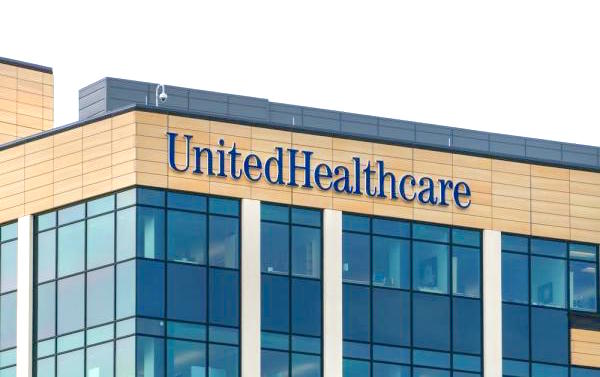UnitedHealth’s Obamacare plan to withdrawal most of the state exchanges where it currently operates will happen by 2017. The health insurer had already indicated that it was dropping coverage of the plans in Arkansas, Georgia and Michigan.
But during a conference call with analysts Tuesday, UnitedHealth CEO Stephen Hemsley noted that “next year we will remain in only a handful of states,” the Washington Post reports. Hemsley explained that UnitedHealth will leave most states by 2017 because the markets for these exchanges are relatively small and also have higher risks for the company over the short-term.
As such, he said UnitedHealth could not serve these exchanges on an “effective and sustained basis.” It shouldn’t come as a huge surprise.
UnitedHealth’s Obamacare plan to withdrawal participation had previously lost $475 million on the ACA exchanges last year and could lose another $500 million this year. But Hemsley said that the company will “continue to remain an advocate for more stable and sustainable approaches to serving this market and those who rely on it for their care.”
UnitedHealth’s president and chief financial officer David Wichmann revealed its exit strategy and said that the company served 795,000 people on public exchanges as of the end of the first quarter, CNBC noted. It expects to have only 650,000 public exchange members by December.
This could be a blow to President Obama and his Obamacare signature law to overhaul the nation’s healthcare system. And according to estimates from the Kaiser Family Foundation, it could mean higher insurance premiums in several states — most notably Alabama, Arizona, Iowa, Nebraska and North Carolina.
But Ben Wakana, a spokesman for the Department of Health and Human Services, said that the Obama administration expected there to be “changes and adjustments in the early years with issuers both entering and exiting states.” Wakana added that “it’s clear that this is a growing business for insurers, and it’s a product consumers want and need.” He added that the success of the exchanges should not be judged by the decision of just one individual insurer.
Still, the industry is also in the midst of massive consolidation — which is often good news for investors and bad news for consumers, Forbes reported. UnitedHealth rivals Aetna and Humana are merging. So are Cigna and Anthem. That means that the industry could be about to go from five big players to only three.
But Cynthia Cox, associate director of health reform and private insurance at Kaiser, said this won’t be the death of Obamacare. She noted that UnitedHealth has been more cautious about entering the ACA markets than its competitors.
Hemsley had warned previously that claims tied to the Obamacare exchanges were costlier than expected. And other insurers that focus on Medicaid and Medicare pans, such as Centene, are more prominent players in the state exchanges.
Nationally, the effect would be a “modest” one, since UnitedHealth’s plans weren’t usually the lowest-cost option. While the decision to sharply scale back its offerings through Obamacare exchanges sounds dramatic, the company had warned months ago it was considering the move in light of losses. Reports of its exit from three state exchanges emerged in recent weeks.
Withdrawing from Obamacare will take time, but most analysts agree that the strategy will reduce the company’s earnings volatility going forward.
Does the UnitedHealth’s Obamacare plan to withdrawal decision have implications for other insurers? Amid concerns about a deterioration of risk mix, there isn’t enough data to know if UnitedHealth’s problems go beyond the company itself. The states most affected by UnitedHealth’s Obamacare withdrawal would be Alabama, Kansas, Mississippi, North Carolina, Oklahoma and Tennessee. Rural areas, which typically have the fewest insurers, would likely be the most affected.
The Wall Street Journal said the news was met with applause by Wall Street investors. Shares of UnitedHealth rose nearly 1.5%. It helped that the company’s earnings and revenue topped forecasts. UnitedHealth also boosted its financial targets for the year.









